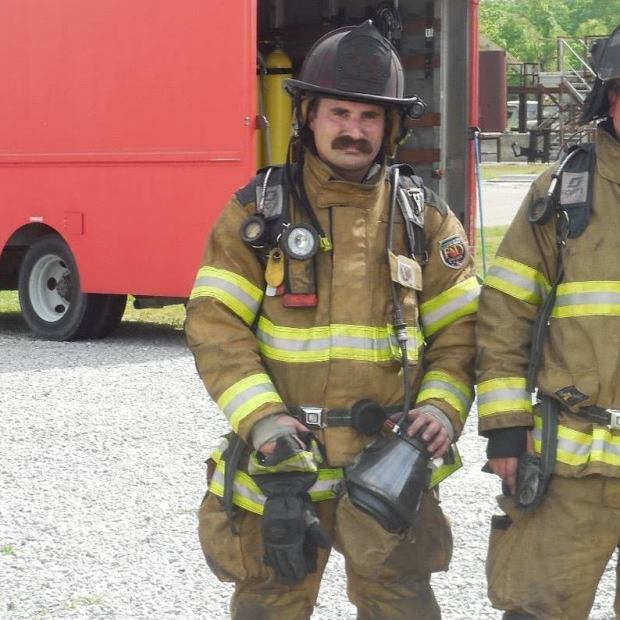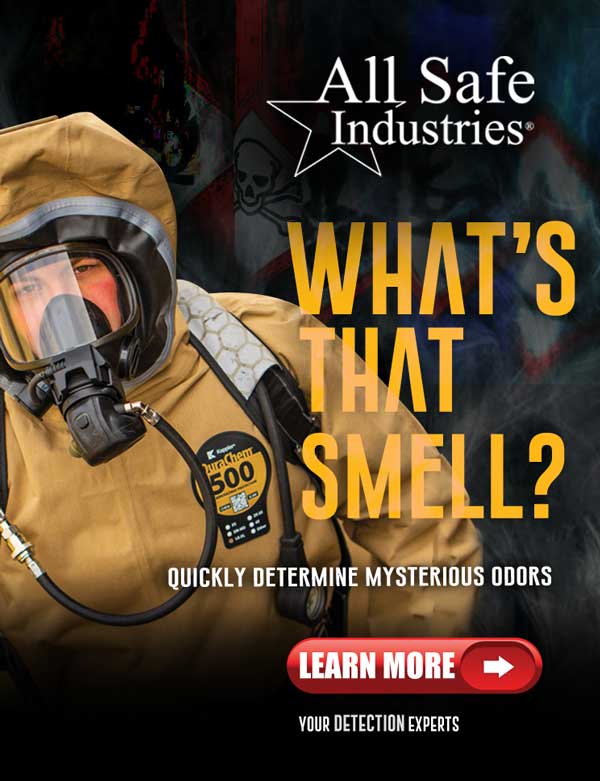Industrial Fire Familiarization: Turnarounds and Outages
Some of the most stressful times in a refinery or process area, are the intense workloads and dangerous conditions of outages and turnarounds. For those not in the industry, a “Turnaround”, or “Outage”, is a period of time where a process is shut down, de-inventoried, and overhauled for another round of production. If we’re not boiling oil, we’re not making any money, so these periods can be intense for not only the workers involved, but upper management as well. Typically hundreds of employees work around the clock to develop a work scope based upon inspections, and execute the scope as safely and efficiently as possible. Potentially, this could take a fire crews facility “population” and easily double it, putting a strain on resources, and increasing call volumes. Let’s take a look at a few hazards and response considerations for these maintenance periods
Unit conditions have changed.
The once stable process that we knew of is now gone, and has been replaced with decontamination liquids, neutralizers, and specialty maintenance crews to de inventory our unit safely and in accordance with state and federal law. Operations has taken the miles of piping and flushed the chemicals and hydrocarbon to reclamation areas, or other nearby processes to leave the lines void of original product, but in need of flushing and cleaning. This chemical clean or neutralization process brings in new chemicals, some of which may not be so nice depending upon what needs to be cleaned, and many new temporary pieces of equipment. These new products, and potential byproducts, need to be handled and trained upon just like all others in the facility. Trying to get a lesson on Potassium Permanganate in the middle of a rescue/decon situation will not go well, I assure you.
Unit layouts and blocked roads
Just as learning about closed streets in your municipal district relates outside of the plant, learning where roads will be blocked for turnarounds applies to you on the inside. Many large pieces of equipment including cranes, large trailers, and other industrial devices may now be blocking some of the roads you may have taken under normal circumstances. Keep tabs on this; a marker board map comes in extremely handy for keeping track of these temporary blocks and keeps your engineer from having to make on the fly guesses about which road “may” be ok.
Hazardous jobs
It is not uncommon to have many hazardous jobs being completed at the same time during this maintenance period. From welding, to confined space entries, our assignment upon arrival could be one involving chemical laced atmospheres, to flames showing. OSHA has a permitting system in place for facilities and work like this, this is a great opportunity to get more familiar with your sites specific permits. Response teams are generally included on ultra-hazardous jobs from pre planning rescues, to standbys during the duration of work

About the Author
Ryan Henry
Ryan Henry currently serves as the training officer for two volunteer fire departments in Calcasieu Parish Louisiana. Ryan also works in operations at a major gulf coast oil refinery, and serves as an ERT firefighter, as well as their Hazardous Material Response Team Training Coordinator. Ryan holds an AAS degree in Process Plant Technology and currently serves as a LSU/FETI Lead Evaluator for Louisiana.





